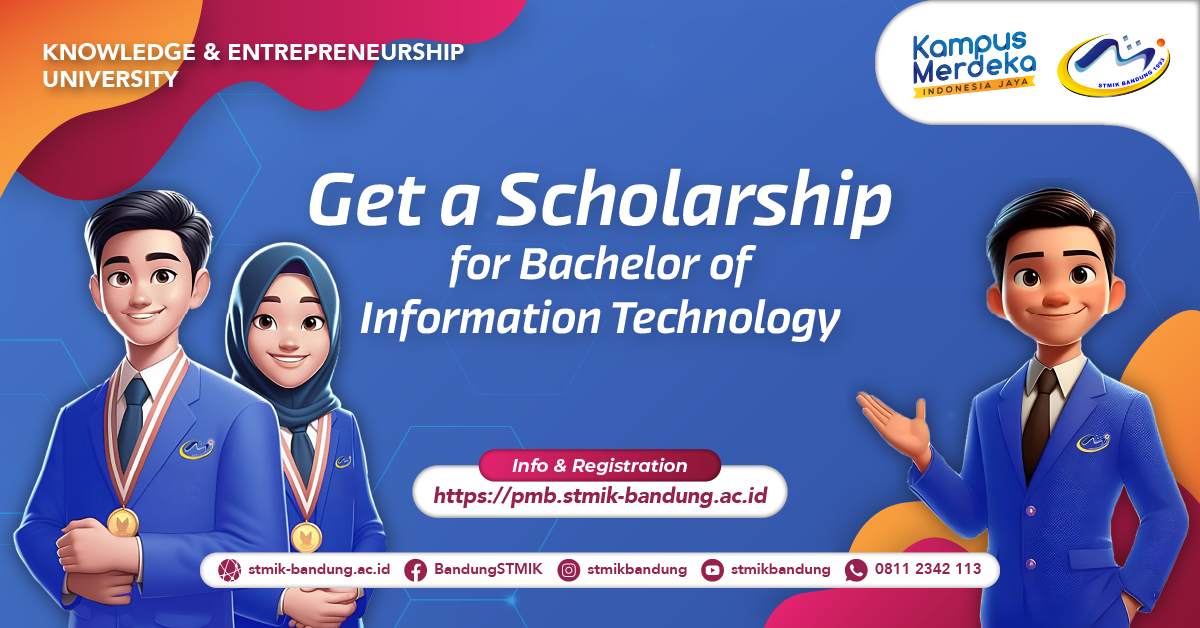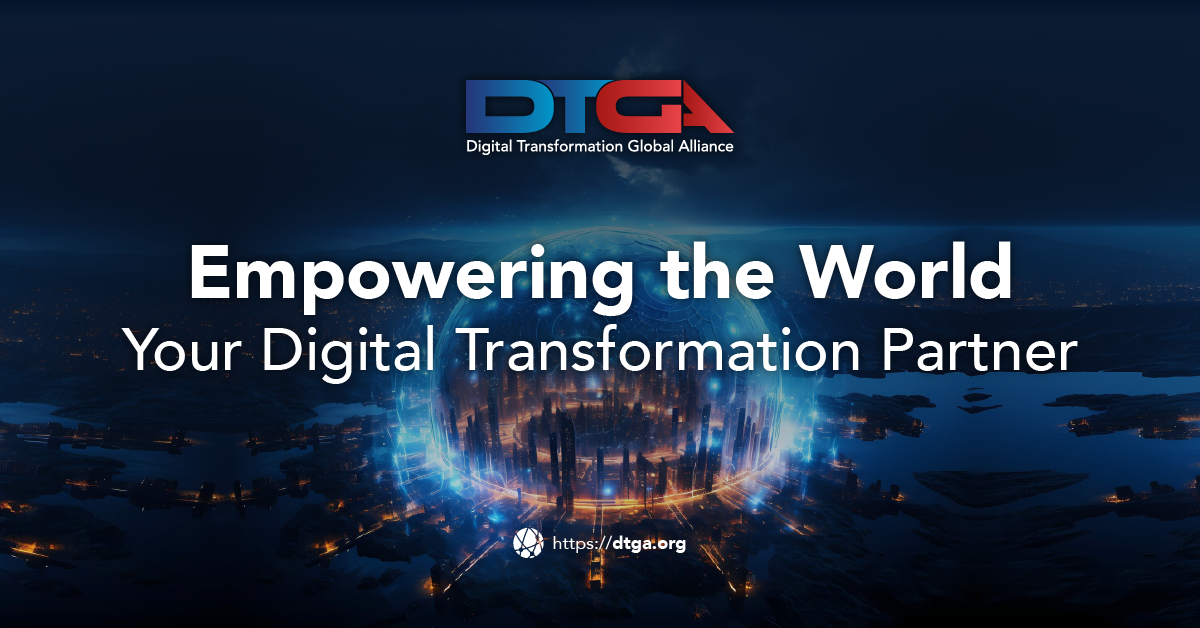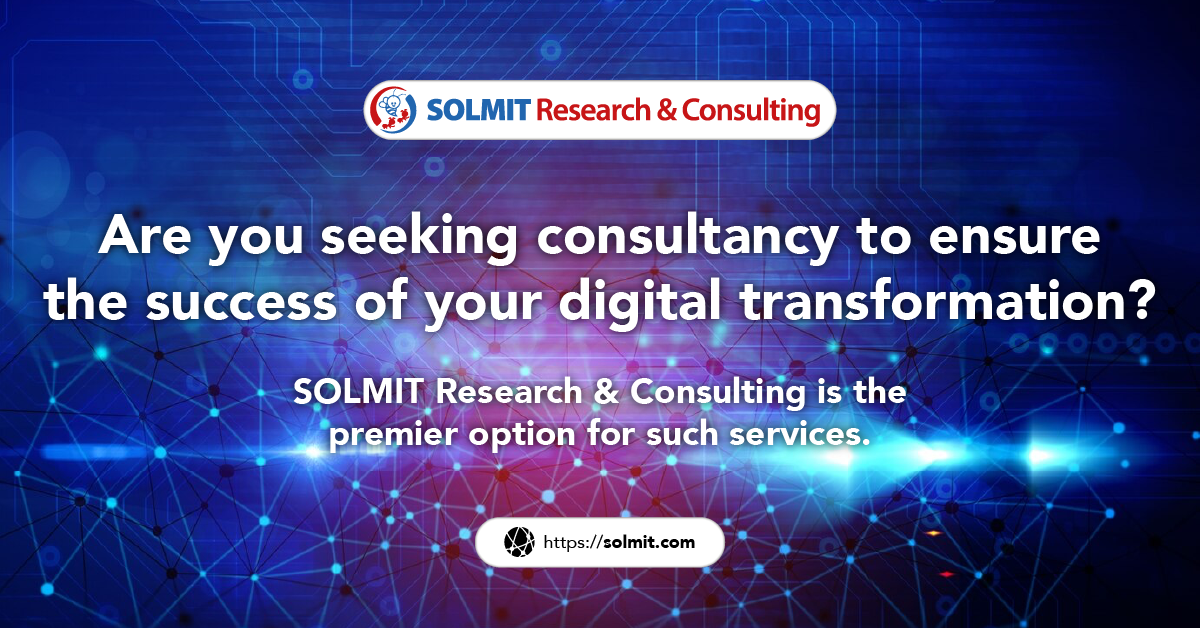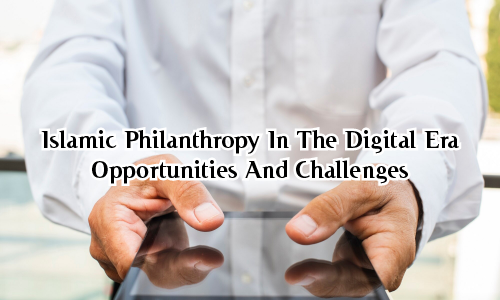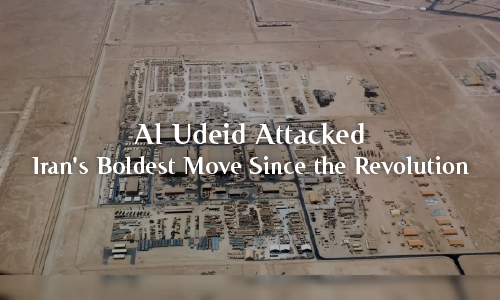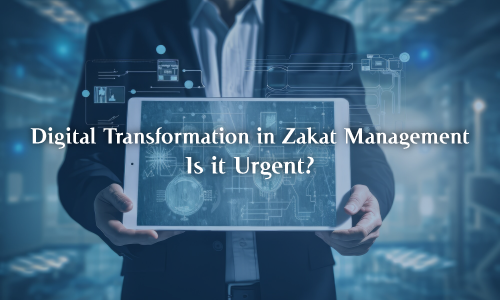
Summary: The digital transformation of zakat management is revolutionizing the way zakat is collected, distributed, and monitored. By adopting advanced technologies such as blockchain, AI, and digital identity verification, zakat institutions can enhance efficiency, transparency, and accessibility. However, to maximize the impact of digital zakat management, institutions must address key challenges such as cybersecurity, digital inclusivity, and Shariah compliance. With a well-implemented digital strategy, zakat can continue to fulfill its fundamental purpose—uplifting communities and supporting those in need with greater precision and trust.
Understanding Digitalization and Digital Transformation
Digitalization: Transitioning from Analog to Digital
Digitalization is the process of converting traditional analog methods into digital formats to enhance efficiency, automate tasks, and streamline operations. This transformation involves adopting digital tools such as electronic databases, online communication channels, and automated record-keeping systems. Examples include replacing paper documents with digital files, using emails instead of physical mail, or integrating digital accounting software for financial management. The primary goal of digitalization is to simplify and accelerate processes, minimize errors, and improve accessibility.
Digital Transformation: A Strategic and Holistic Shift
Digital transformation, on the other hand, goes beyond merely digitizing processes. It represents a comprehensive shift in how organizations operate, leveraging advanced technologies such as artificial intelligence (AI), cloud computing, blockchain, and data analytics. This transformation redefines business models, enhances customer interactions, and improves decision-making processes.
For organizations to remain competitive in a rapidly evolving digital landscape, digital transformation is crucial. It enables businesses, government agencies, and nonprofit organizations to optimize efficiency, enhance user experiences, and make informed, data-driven decisions. In the realm of zakat management, digital transformation ensures that funds are collected and distributed transparently, reaching those in need more effectively.
Read More Article

